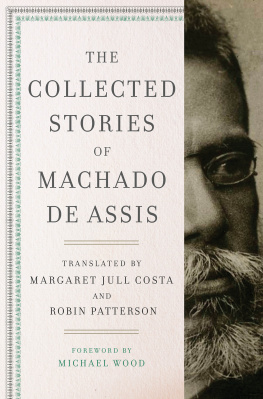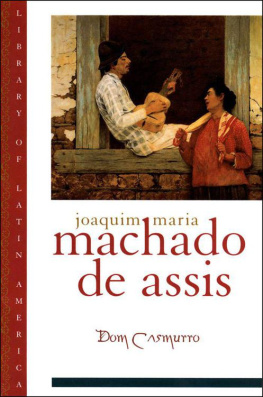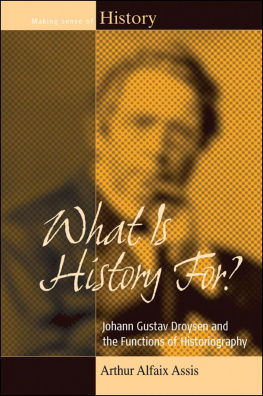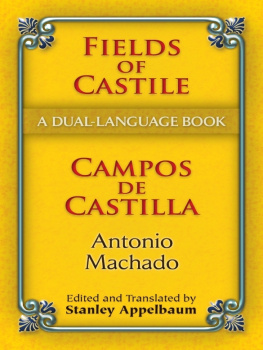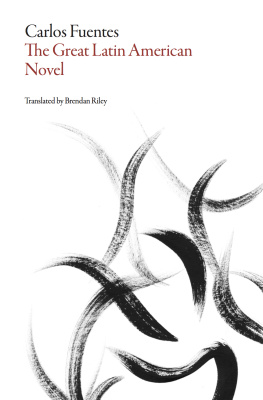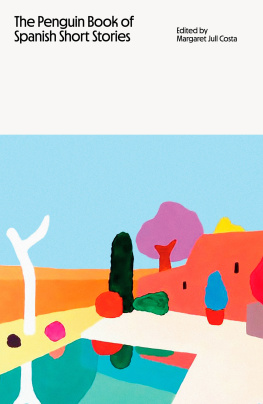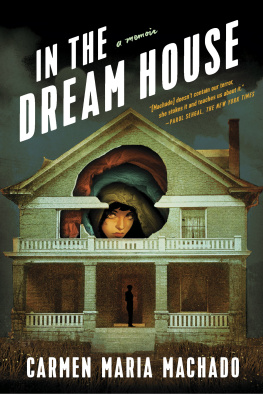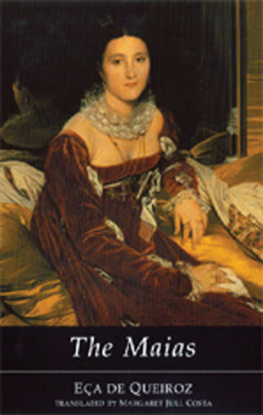Machado de Assis - The Collected Stories of Machado de Assis
Here you can read online Machado de Assis - The Collected Stories of Machado de Assis full text of the book (entire story) in english for free. Download pdf and epub, get meaning, cover and reviews about this ebook. year: 2018, publisher: Liveright, genre: Detective and thriller. Description of the work, (preface) as well as reviews are available. Best literature library LitArk.com created for fans of good reading and offers a wide selection of genres:
Romance novel
Science fiction
Adventure
Detective
Science
History
Home and family
Prose
Art
Politics
Computer
Non-fiction
Religion
Business
Children
Humor
Choose a favorite category and find really read worthwhile books. Enjoy immersion in the world of imagination, feel the emotions of the characters or learn something new for yourself, make an fascinating discovery.
- Book:The Collected Stories of Machado de Assis
- Author:
- Publisher:Liveright
- Genre:
- Year:2018
- Rating:3 / 5
- Favourites:Add to favourites
- Your mark:
The Collected Stories of Machado de Assis: summary, description and annotation
We offer to read an annotation, description, summary or preface (depends on what the author of the book "The Collected Stories of Machado de Assis" wrote himself). If you haven't found the necessary information about the book — write in the comments, we will try to find it.
A landmark event, the complete stories of Machado de Assis finally appear in English for the first time in this extraordinary new translation.
Widely acclaimed as the progenitor of twentieth-century Latin American fiction, Machado de Assis (18391908)the son of a mulatto father and a washerwoman, and the grandson of freed slaveswas hailed in his lifetime as Brazils greatest writer. His prodigious output of novels, plays, and stories rivaled contemporaries like Chekhov, Flaubert, and Maupassant, but, shockingly, he was barely translated into English until 1963 and still lacks proper recognition today. Drawn to the masters psychologically probing tales of fin-de-siecle Rio de Janeiro, a world populated with dissolute plutocrats, grasping parvenus, and struggling spinsters, acclaimed translators Margaret Jull Costa and Robin Patterson have now combined Machados seven short-story collections into one volume, featuring seventy-six stories, a dozen appearing in English for the first time.
Born in the outskirts of Rio, Machado displayed a precocious interest in books and languages and, despite his impoverished background, miraculously became a well-known intellectual figure in Brazils capital by his early twenties. His daring narrative techniques and coolly ironic voice resemble those of Thomas Hardy and Henry James, but more than either of these writers, Machado engages in an open playfulness with his readeras when his narrator toys with readers expectations of what makes a female heroine in Miss Dollar, or questions the sincerity of a slaves concern for his dying master in The Tale of the Cabriolet.
Predominantly set in the late nineteenth-century aspiring world of Rio de Janeiroa city in the midst of an intense transformation from colonial backwater to imperial metropolisthe postcolonial realism of Machados stories anticipates a dominant theme of twentieth-century literature. Readers witness the bourgeoisie of Rio both at play, and, occasionally, attempting to be serious, as depicted by the chief character of The Alienist, who makes naively grandiose claims for his Brazilian hometown at the expense of the cultural capitals of Europe. Signifiers of new wealth and social status abound through the landmarks that populate Machados stories, enlivening a world in the throes of transformation: from the elegant gardens of Passeio Pblico and the vibrant Rua do Ouvidorthe long, narrow street of fashionable shops, theaters and cafs, the Via Dolorosa of long-suffering husbandsto the port areas of Sade and Gamboa, and the former Valongo slave market.
One of the greatest masters of the twentieth century, Machado reveals himself to be an obsessive collector of other peoples lives, who writes: There are no mysteries for an author who can scrutinize every nook and cranny of the human heart. Now, The Collected Stories of Machado de Assis brings together, for the first time in English, all of the stories contained in the seven collections published in his lifetime, from 1870 to 1906. A landmark literary event, this majestic translation reintroduces a literary giant who must finally be integrated into the world literary canon.
6 illustratoins; MapMachado de Assis: author's other books
Who wrote The Collected Stories of Machado de Assis? Find out the surname, the name of the author of the book and a list of all author's works by series.

